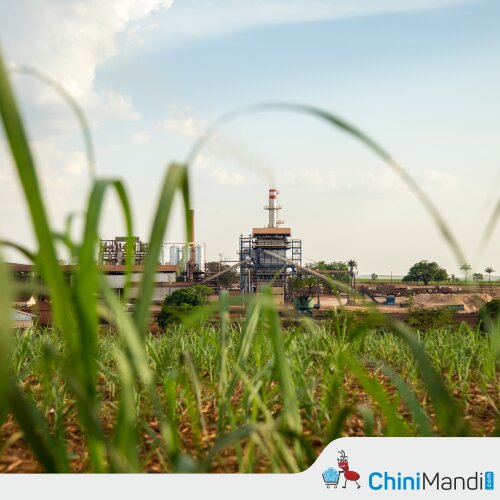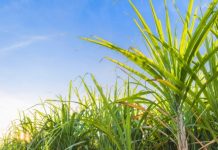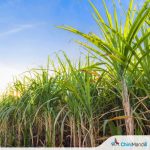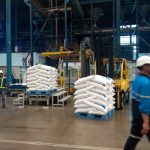Brazil and India, the world’s two largest sugar producers, are deepening their collaboration in ethanol production technology, effectively resolving their dispute over sugar subsidies at the World Trade Organization (WTO). This was confirmed by Kenneth Felix Hacynski Nobrega, the Brazilian Ambassador to India, reports The Financial Express.
Nobrega highlighted the strong bilateral relations between the two nations, noting that a dialogue centered on ethanol has been initiated. He emphasized that focusing on ethanol production could help address the issue of global sugar overproduction, which has the potential to drive down prices. “Relations are so good in many areas. We have started a dialogue focusing on ethanol, as it can be a way out of surplus (global) sugar production, which could depress prices,” Nobrega told Financial Express.
Brazil, which initiated its ethanol blending program in 1975 to enhance energy security, has extended technological support to India. Last September, during the G20 summit in India, the Global Biofuel Alliance was launched to increase biofuel production and demand, with Brazil playing a pivotal role.
In 2019, Brazil, along with Australia and Guatemala, raised concerns at the World Trade Organization (WTO) about India’s policies, particularly the Fair and Remunerative Price (FRP) given to farmers, arguing that these measures were inconsistent with global trade rules. India responded by stating that the FRP is set by the government, but all sugarcane purchases are made by private sugar mills, not by the central or state governments.
Nobrega, a Brazilian official, highlighted that there are ongoing collaborations at multiple levels, including government-to-government (G2G), business-to-business (B2B), and business-to-government (B2G), to share technology and boost ethanol production in India.
Flavio Castellari, Director General of Brazil’s Ethanol Cluster, noted that Brazil has achieved a 27% ethanol blending rate in gasoline since the launch of its biofuel program. Additionally, 84% of cars in Brazil are equipped with flexible-fuel engines that can run on any proportion of gasoline and ethanol. Castellari mentioned that under a new policy awaiting approval, ethanol blending in gasoline is expected to increase to 30%. Brazil is also collaborating with India on various aspects of biofuel production, including research, development, and technology transfer. Out of the 40 billion liters of ethanol produced annually in Brazil, 80% comes from sugarcane, with the remainder from maize.
In India, the ethanol blending percentage in petrol reached 15.83% in July 2024, with a cumulative blending percentage surpassing 13% for the ongoing ethanol supply year (ESY) 2023-24 (November-October). The Indian government aims to achieve a 20% ethanol blending target by the 2025-26 ESY.
In a related development, Brazil’s Minister of Foreign Affairs, Mauro Vieira, is set to visit India from August 25-28, 2024. Vieira and India’s External Affairs Minister, S. Jaishankar, will co-chair the 9th India-Brazil Joint Commission meeting on Tuesday, focusing on strengthening bilateral and multilateral cooperation across various sectors, including agriculture and livestock.
Ambassador Nobrega also mentioned that in the past year, 31 business delegations from Brazil have visited India to enhance economic collaboration between the two countries. He added that discussions are underway to attract Indian investment in Brazil and vice versa, particularly in the field of sugarcane production.












